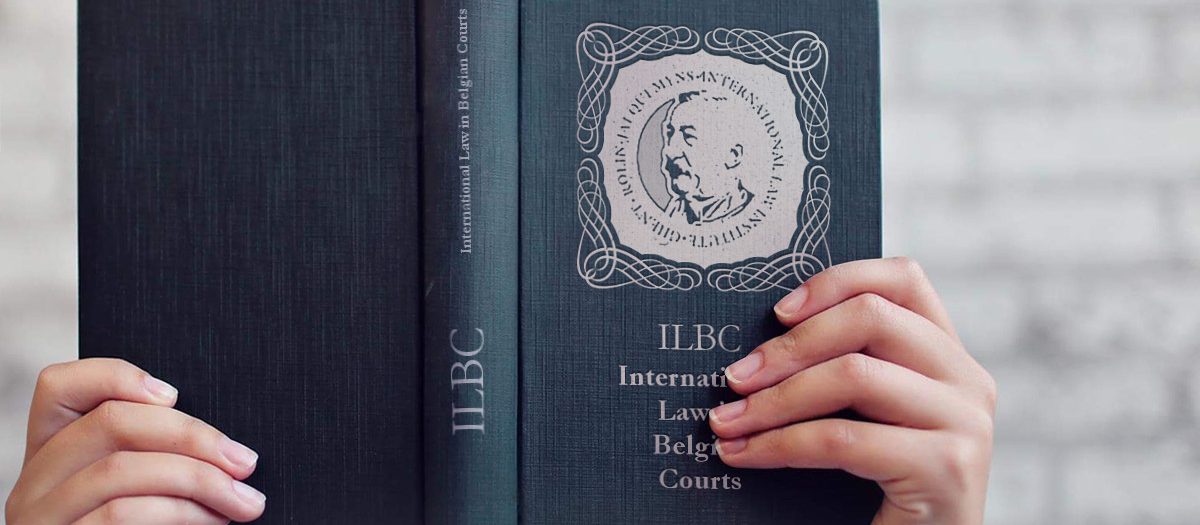Constitutional Court, F.H et al. v Kingdom of Belgium, Nr. 163/2022, 8 December 2022
ECLI:BE:GHCC:2022:ARR.163In March 2022, Belgium and Iran concluded a treaty pertaining to the transfer of convicted persons, meant to allow persons sentenced in one country to serve the remainder of their prison sentence in the territory of the other. The Belgian law approving the treaty was, however, challenged on the basis of the right to life. In particular, the applicants asserted that the treaty was meant to enable the exchange of Assadollah Assadi, an Iranian diplomat convicted in Belgium in connection with a failed State-sponsored terrorist attack against a meeting of Iranian opposition groups, against the Belgian aid worker Olivier Vandecasteele, who had been detained in Iran for unknown charges.
According to the Court, Belgium was or should be aware that if it transferred Assadi, Iran would not execute the sentence, but would instead grant him a pardon or amnesty pursuant to Article 13 of the Treaty. In such circumstances, the Court held that such transfer would violate the right to life of the victims of the foiled terrorist bombing. The Court thereby relied on the Strasbourg Court’s case law according to which the execution of a sentence that is imposed in the context of the right to life must be considered an integral part of the State’s procedural obligation under Article 2 of the ECHR. In conclusion, pending a definitive ruling on its constitutionality, the Court suspended the law in so far as the treaty permitted the transfer to Iran of persons that have been convicted for committing a terrorist offence with the support of Iran.


